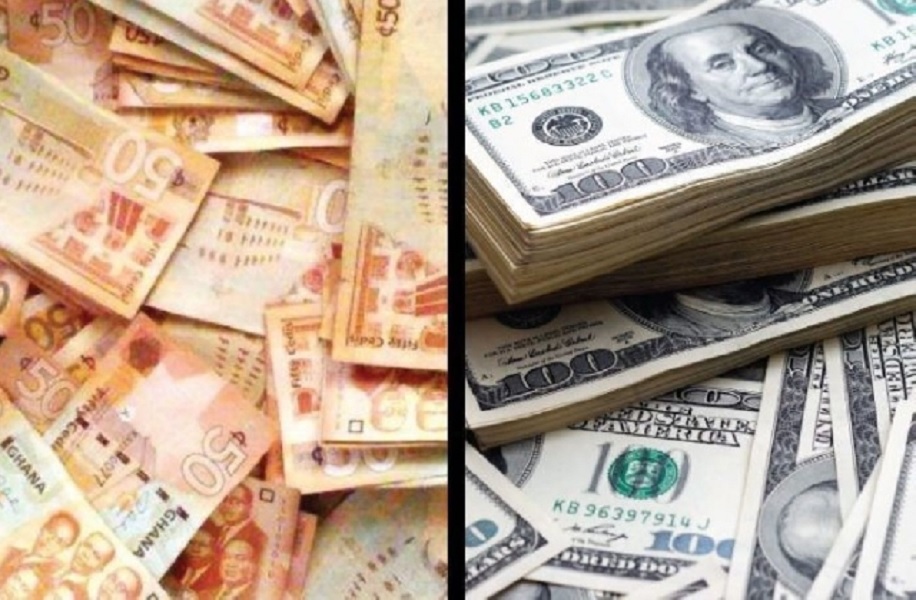The fast depreciation of the Ghana cedi continues with no end in sight as the local currency nears ¢13 to a dollar.
This is more than 6% depreciation in only three days of the week (October 17-19).
It may hit ¢13 by the close of the day, based on how trading is going in the retail market.
According to the rate from the forex bureaus, most of the operators are selling the local currency between ¢12.50 and ¢12.95.
Few are, however, selling the cedi at approximately ¢13 to the American ‘greenback’.
Again, some banks are struggling to get the dollar to undertake transfer and trade transcations.
The free fall of the cedi has already triggered protests by some traders who claim their cost of doing business has been surging week-on-week.
Also, the cedi lost more ground against the pound and the euro. It is thus going for ¢13.70 to the pound and ¢12 to the euro.
Some forex operators who spoke to Joy Business on condition of anonymity said they do not know when the rate of depreciation of the cedi will slow down.
To them, the amount of dollars in circulation is inadequate, fuelling the growing demand for the dollars.
Director of Research at the Institute of Economic Affairs and a former member of the Monetary Policy Committee, Dr John Kwakye in a tweet urged President Akufo-Addo to summon the Economic Management Team to address the current economic crisis and reassure Ghanaians.
Cedi lost 9% value to dollar in only a week
The Ghana cedi lost 9.03% in value to the US dollar last week (October 10-October 14, 2022).
This came after the investment market reacted to the September 2022 inflation (37.2%).
The cedi also lost 5.15% and 6.87% in value to the pound and the euro respectively.
1 dollar now goes for ¢12.45
The cedi sold at ¢12.45 to the US dollar at the forex bureaus or the retail market on Monday October 17, 2022.
This translated into 2.8% depreciation of the local currency to the world’s most powerful currency, just in a single day. It has since been losing value rapidly to the dollar.
At the same time, the other major foreign currencies – the pound and the euro also appreciated in value to the cedi.
Ghana’s Gross International Reserves declined to 2.9 months of import cover
The stock of Ghana’s Gross International Reserves declined to $6.6 billion, equivalent to
2.9 months of import cover for goods and services in September 2022.
This is compared with the December 2021 position of $9.7 billion, equivalent to 4.3 months of import
cover.
Net International Reserves, which excluded encumbered assets and petroleum funds, was estimated at US$2.7 billion as at September 2022.

